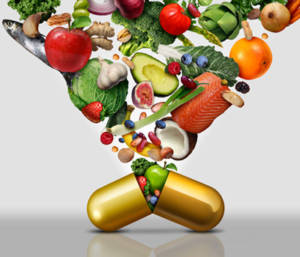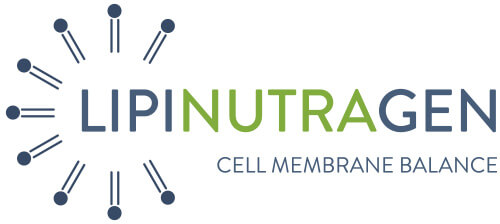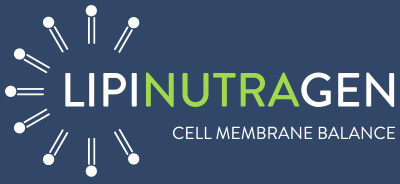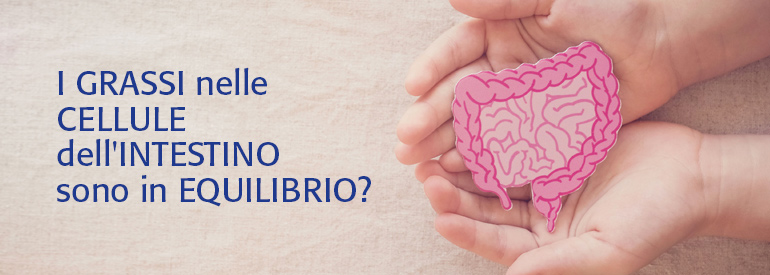
Supplement VS Nutraceutical

Heading CHOICE OF THE INTEGRATOR
In the first article of the CHOICE OF THE SUPPLEMENT column we dealt with a vast and general theme but of fundamental importance in daily purchasing choices: how do we correctly choose a supplement? Today, with this second article, we will deepen the difference between supplement and nutraceutical and how these two terms are, often and improperly, used indiscriminately as to indicate the same product.
By supplement we mean a product capable of integrating the diet because its lacks in some element and which is a particularly concentrated source of these nutrients (for more information > https://www.lipinutragen.it/en/food-supplements/)
THE DEFINITION OF NUTRACEUTICAL
The term “nutraceutical“, coined by Stephen De Felice in 1989, is a syncretic neologism of “nutrition” and “pharmaceutical”, referring generically to foods or parts of foods capable of offering health benefits, for prevention and also for treatment of diseases.
As often happens, in the absence of a well-defined regulatory framework, the term “nutraceutical” has taken on an even broader meaning, being often used as a synonym for “functional food” or “designed food“. In reality, these last two terms should be more correctly reserved for foods, similar in appearance to traditional foods, in which a substance or more substances capable of conferring particular characteristics or benefits in terms of health has been added.
The confusion in the use of the term derives from the lack of clarity of the current sector regulations, neither Italian nor EU; in this regard, in 2012 the European Commission, in a parliamentary question on the subject, replied that the term “nutraceutical” is not defined by EU legislation. Therefore, nutraceuticals should be classified as food or medical products in relation to the properties attributed to them, and specific regulations will follow.
A confusing and unclear scenario certainly does not facilitate the consumer in making an informed choice.
NUTRACEUTICS AND ITS PRODUCTS
Dr. De Felice (founder and president of the Foundation for Innovation in Medicine) defines “nutraceuticals” as the natural evolution of food supplements, since pharmaceutical synthesis techniques are used in products of natural origin; ad hoc supplements are created to prevent and rebalance the body’s homeostasis.
Nutraceuticals are therefore substances deriving from plants, organisms and other nutritional sources that can be integrated into the diet both through the intake of functional foods enriched with nutraceutical substances and in the form of supplements in different formulations (capsules, tablets, etc.).
Nutraceuticals, on the other hand, is the discipline that studies these substances and is, although recent, in great development worldwide.
FUNCTIONAL ACTIVITIES OF NUTRACEUTICALS
 Like foods, nutraceuticals help the body stay healthy, helping to prevent (or even treat) the possible onset of particular pathological states within a healthy and balanced lifestyle; these effects must be rigorously demonstrated with appropriate experimental and clinical studies, as defined by SiNut (Italian Nutraceutical Society). And it is precisely to the effectiveness that all the approvals of health properties related to nutraceuticals are addressed.
Like foods, nutraceuticals help the body stay healthy, helping to prevent (or even treat) the possible onset of particular pathological states within a healthy and balanced lifestyle; these effects must be rigorously demonstrated with appropriate experimental and clinical studies, as defined by SiNut (Italian Nutraceutical Society). And it is precisely to the effectiveness that all the approvals of health properties related to nutraceuticals are addressed.
They can perform their activity by helping various physiological functions, such as supporting the immune system, improving gastro-intestinal functions, supporting the body during physical activity, reducing the risk of onset of cardiovascular or degenerative diseases, etc.
The main nutraceutical products for this rapidly growing sector, not to be confused – therefore – with functional foods, are polyunsaturated fatty acids (Omega-3 and Omega-6,), folic acid, bioflavonoids, carnitine, creatine, ascorbic acid, lycopene, malt dextrins, probiotics, mineral salts (calcium, magnesium, fluorine, sodium and zinc), carotenoids.
ON THE SHELVES WE FIND NUTRACEUTICAL PRODUCTS THAT:
• in Italy and in Europe, in order to be placed on the market, they follow the regulations in force regarding supplements, therefore, before being placed on the market, regulatory requirements established by legislation on the subject must pass;
• have a label and an explanatory nutritional table of the ingredients and may present health claims, which must have been proven on humans and approved by supervisory authority responsible for specific therein contained substances;
• have within them molecules commonly found in food which, in certain dosages, have proven benefits on the human body;
• they can be present in different types of formulations or added to foods.
WE ARE WHAT WE EAT
The theory underlying Nutraceuticals is very ancient: from Ayurveda to Hippocrates’ Greek medicine, in many of the great civilizations of the past the link between diet and health and above all the healing properties of certain elements present in nature was clear.
Overall, “we are what we eat”, Ludwig Feuerbach also reiterated in the closer 1800s.
REFERENCE BIBLIOGRAPHY:
• Decreto Legislativo 21 maggio 2004, n. 169 “Attuazione della direttiva 2002/46/CE relativa agli integratori alimentari”
• Regolamento della Commissione Europea n. 1170 – 30 novembre 2009 www.salute.gov.it
• Stephen L. DeFelice, The NutraCeutical Revolution: Fueling a Powerful, New International Market, 1989
• Robert E. C Wildman, Handbook of Nutraceuticals and Functional Foods, 1ª ed., CRC Series in Modern Nutrition, 2001, ISBN 0-8493-8734-5.
• Takayuki Shibamoto, et al., Functional Food and Health, ACS Symposium, 2008, p.993, ISBN 978-0-8412-6982-8.
• SiNut – Società Italiana Nutraceutici – http://www.sinut.it/
Article by the editorial team of Lipinutragen
Photo: 123RF Archivio Fotografico: 62564046 ©kwangmoo /123rf.com | 120906367 ©lightwise /123rf.com
- On 9 December 2020



